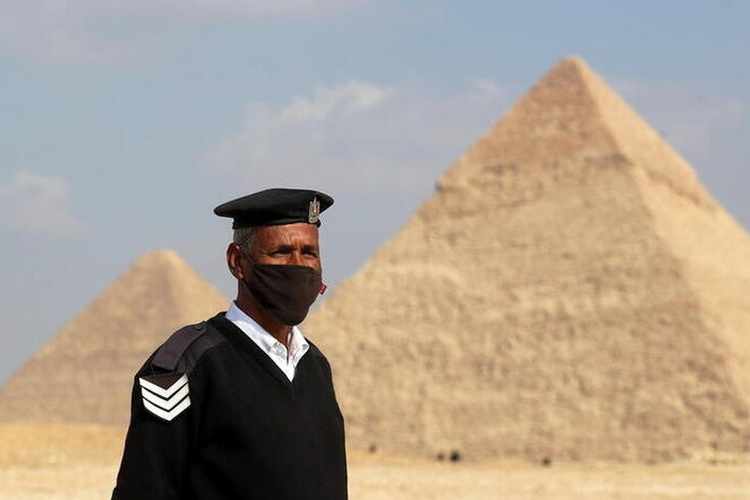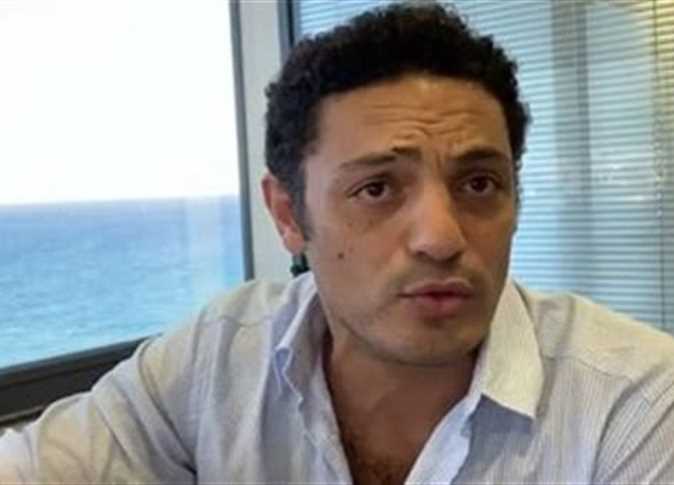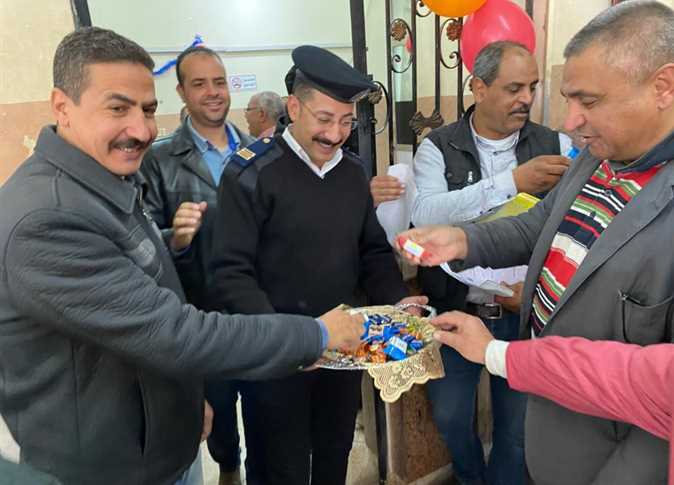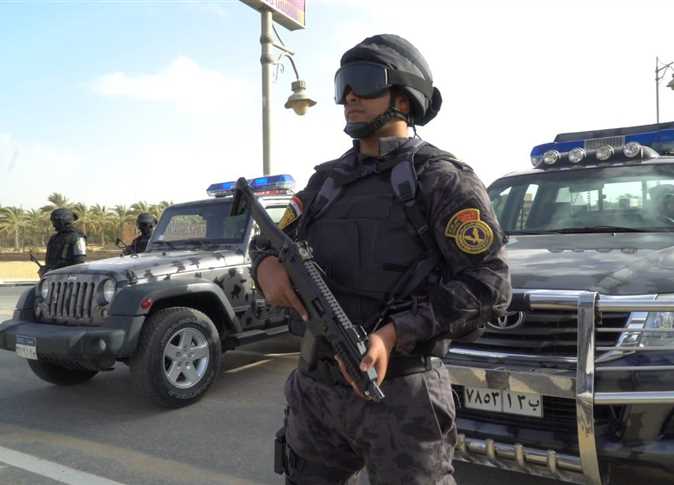A young girl enters a pizza place and greets her friends. “Mabruk,” she exclaims and everyone knows what she means. “That’s right, we haven’t seen you since the revolution,” one friend responds. Egypt has a new political identity.
And yes, this goes beyond the Facebook friend blocking that became rampant after some joined the "Mubarak is my profile picture" bunch and others chose highly provocative status statements, like “He doesn’t get it? GO AWAY.”
With reports from cynics abroad claiming nothing has changed in Egypt, here’s your response. The young man who brings us groceries in the morning said to me, “Do you know that Article 71 of the constitution says that people detained can communicate with whoever they want?” I smile. “Yes, I know.”
But I didn’t three weeks ago and neither did he. A new politicization has infiltrated the population.
“It’s great that cafe conversation revolves around something other than someone’s latest plastic surgery disaster or who is divorcing who,” says Sarah, a self-proclaimed resident of a Mohandessin shisha spot. “With the information we’re receiving on TV and the analysis and explanations of the events taking place, everyone has become a political analyst!”
For long, politics were believed to be sidelined. Critics believe the old regime had a master plan to trivialize politics by investing in the entertainment industry through film, television and soccer, maintaining rivalries between soccer team clubs to channel anger stemming from government oppression.
But the revolution of 25 January brought politics back to the street.
“I’m worried about the Muslim Brotherhood starting a political party,” says Ahmed, 28, at a gas station convenience store. “They can’t yet,” reminds his friend, Omar. “Political parties cannot be religious parties,” he explains.
And this kind of banter is at every street corner, in every cafe conversation, in offices, in classrooms… If someone dares to mention a party or a social event on Facebook, the replies will always include a “What country are you living in?” or “How can you talk about this when our government… [fill in the blanks].”
But does this span all of Egyptian society? “In my neighborhood, most of the people just want to make sure they have food and shelter,” says Magda, a nanny and the daughter of a butcher in Giza.
Magda believes it will take the satisfaction of these basic needs before the entire population gets political. All the same, she and her husband have made the switch since the events of the past three weeks. “Since the revolution, my husband and I have come to understand what the Constitution is–we didn’t really know what it was for before–and we have since read it on the internet, and we know what needs to be changed.”
Fadel, 34, lives in the US and left Egypt because of restrictions he attributed to former President Hosni Mubarak’s regime. “I was never into politics and never wanted to be because it was a hopeless case,” he explains.
But since 25 January, he’s been running a campaign on Facebook and has been attending protests in Boston. “I am much more involved now,” he says, the excitement in his voice increasing. Fadel believes that Egypt now is a place where anyone can have a voice in the government.
“I actually want to come back now and get involved in the new initiatives.”




